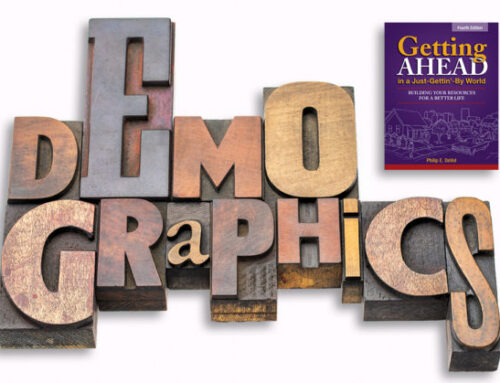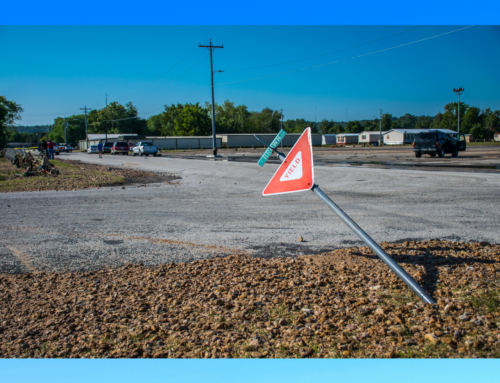Ruby Payne defines poverty as the extent to which we do without resources. The beauty of that definition is that it gives us (individuals and communities) something positive to do to reduce poverty or to help others out of poverty—that is, to build resources.
But that is not how resources are talked about in our communities. In the lexicon of social services, government programs, and faith-based programs, resources are something that we have and you need. When you (the person in poverty) come to our door, we ask what you need. Generally you need a lot. We identify the needs in detail, build a plan, and provide the resources to you. When we collaborate with others in the service sector, we attempt to bring all the resources to you.
In Bridges work, the purpose shifts from maintaining lives to changing lives, from a safety net to a ladder, from being a needy recipient to being a powerful actor.
When the purpose is simply to provide a means to survive, the focus is on how well the needs are met. When the purpose is to transition out of poverty, the focus shifts to barriers that must be overcome.
Getting Ahead graduates who are already taking responsibility for their own decisions and actions may say, “Here are the things in the organizations and in the community that are in the way of my efforts to stabilize my environment. Here are the things that form barriers to building financial, mental, social, emotional, spiritual, and physical resources.” People in Bridges Steering Committees and Circles Guiding Coalitions would be wise to listen to Getting Ahead graduates as they move ahead on their plans.
This isn’t to say that our communities don’t need a safety net. There will always be people who need the support of their communities. The Steering Committees and Guiding Coalitions must be aware that there are four ways to address poverty. Our communities must alleviate the suffering with a safety net, prevent poverty, assist with transition out of poverty, and end poverty as we know it.
Our work will be easier if we reframe the meaning and use of the term resources. It will bring others into the work by creating a shift in thinking about people who are in poverty.








